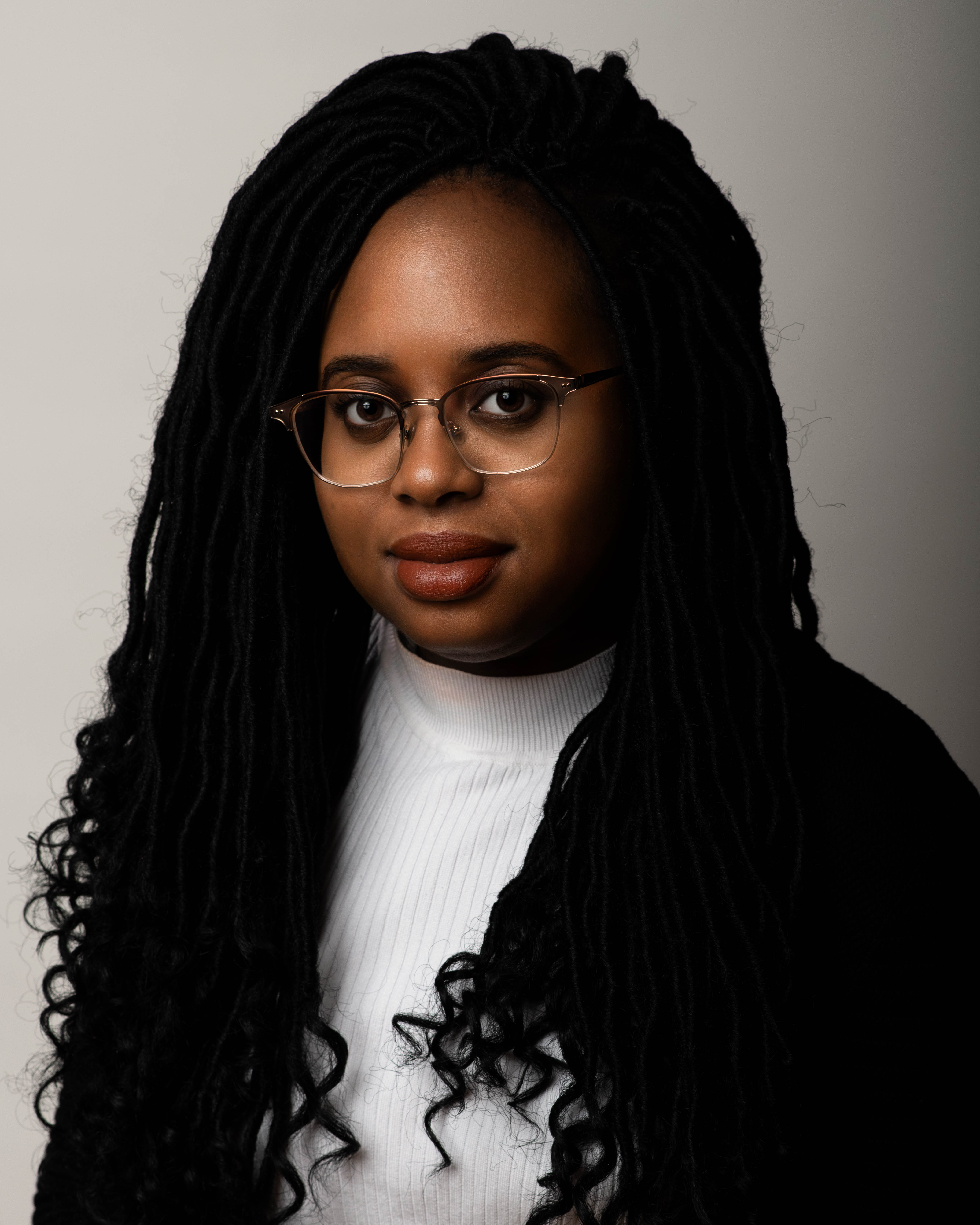Killing Me Softly: Panic Disorder and Black Womanhood

By Hermanie Desrosiers
CW: Mention of the medical system, unsupportive parents, cr*zy slur
--
“Due to employee vacations, you will only be able to meet with a social worker in the fall,” the administrative agent tells me.
Distraught under the bright June sun, I lose my bearings. When I get this news from my local CLSC, I feel as though walls are closing in on me. I sit at the foot of a tree on the street I’m on, and I cry. My face is so damp that it’s impossible to tell whether I look so desperate because I’m sad or because it’s so humid out. How have I gotten here? How has anxiety become a toxic friend I can’t escape?
I drag myself up and continue on my way. I stop again: where am I going?
* * *
“Panic disorder? Since when? I thought you were stronger than that,” says my father, taken aback by my diagnosis.
After his reaction, I feel like an impostor whose true identity has been unmasked. In his troubled brown eyes, I see my own reflection, and it’s far from flattering. I have a hard time telling whether I’m seeing pity or compassion on his face. In an instant, his expression has become the reflection of my fear. My fear that the people I love and respect will discover I had spend my nights awake, afraid for the future. The fear of realizing that my doubts might be real, and that I’m not as brilliant and extraordinary as I try to seem. The fear of having to admit that, for illogical reasons, I’m afraid of tunnels, elevators, air vents, traveling into space, saunas, events, balconies and seeing people walk too close to the metro tracks. The fear of admitting that I cry for no reason every day.
I burst into sobs, and try to tell him that I need him to be there for me, even if he doesn’t understand what I’m going through. He stares at me and changes the subject.
* * *
“Ma’am, you’re not having a heart attack, you’re having anxiety,” says the 8-1-1 nurse on the phone.
I tell her off and hang up. I sit down on my bed and took my pulse. It makes no sense; my heartbeat seems normal, but I could have sworn my heart was about to stop beating. I feel like I’m about to go crazy. I pull on a pair of sweatpants and a sweatshirt and I go out for a walk in my neighbourhood. The city is asleep, and I envy it fiercely. I walk furiously until my thoughts can’t come anymore, until I become one with my surroundings.
* * *
- “You’re super intense!”
- “Oh my god, you’re crazy!”
- “Don’t you think you’re exaggerating a bit?”
- “You’re such a downer. You’ve been a downer for a while, actually.”
In keeping with the exaggeration and hysteria I’ve been accused of, every time someone says these kinds of things to me, I feel like I’m being stabbed. As if I don’t know that I’m living inside one of Racine’s irrational tragedies against my will. As if it’s fun for me to lose sleep at night, living in fear of the next day, endlessly questioning my actions, my relationships and my interactions. As if I like the idea of potentially being a burden to others.
* * *
“Don’t you see it’s a lost cause? We self-sabotage so much, what’s the point of fighting, of wanting to get better and live?” says a man at my meeting for people suffering from anxiety, depression and bipolar disorder.
What if he’s right? What if these meetings are only there to console us about our inevitable, fatal destiny? We deprive ourselves of so much life, haunted by our fears and our ghosts. Why go on? Sometimes I think like this man, and I push my thoughts away, because I think they’re lies whispering in my ear. But what if they’re not lies, but disturbing truths? I look at the person next to me. She also seems pensive after hearing what the man said. What if, together, we were to follow in the poet Nelligan’s footsteps and sink into the abyss of our dreams?
* * *
“Depression is a white thing. Nobody has depression in Africa. People don’t know what misery is,” says my lover.
I can’t decide whether to set his apartment on fire, call him every name I know, or explain life to him. Is womansplaining a thing?
Out of love, or out of the need to express everything I’ve been holding back for months, I explain how his thinking is wrong. I explain that when you minimize the psychological suffering of people of colour, you’re doing the same thing as the people who enslaved and colonized our ancestors: stripping us of our humanity. I explain to him that suffering is not measurable, and that it’s out of line to tell someone their distress isn’t real. I explain to him that because of the social inequalities imposed on us for eons, we’re more likely to experience trauma and psychological distress. I tell him that no material wealth in this world can heal a person’s pain, regardless of where the person comes from. I explain that I have probably suffered from anxiety since I was a teenager, and that I’m just as Black as my peers.
I should have set that fire, now that I think about it.
* * *
“How will it benefit you to get this diagnosis?” asks my family doctor.
A year after I’ve worked with two social workers and two psychologists, and tried two medications, she still doubts that I have a problem. This isn’t the first time a health professional seems to doubt the symptoms I report. After a year of crying, questioning, changing jobs, taking leaves of absence, suffering from insomnia, and talking with and consoling my parents about my mental health, I’m tired. I hold back my tears, lean toward my doctor, and express what I didn’t have the courage to say before:
When you can put words to what you’re experiencing and feeling, you can finally start to work on yourself and make progress. Getting my diagnosis means saying I was right, admitting to myself that I need to trust myself more when it comes to what I’m experiencing. It’s telling myself that anxiety is not part of my identity, but it’s a challenge I’m faced with for a season of my life, regardless of how long it lasts. It means finding a community and continuing to claim my right to care because my life is worth it.
She smiles, renews my prescription and gives me an appointment in two months.
* * *
“Anxious or not, I’ll always love you and I’ll always be there for you. I think you’re awesome, and nothing is going to change that,” says my sister tenderly.
That’s all I needed to hear. That’s all everyone who has visible and invisible wounds needs to hear and to know. Our problems don’t change our value. None of them do. Ever.
--
Hermanie Desrosiers an afrofeminist and a great lover of arts and performance. She is currently in charge of projects in a public relations firm.
